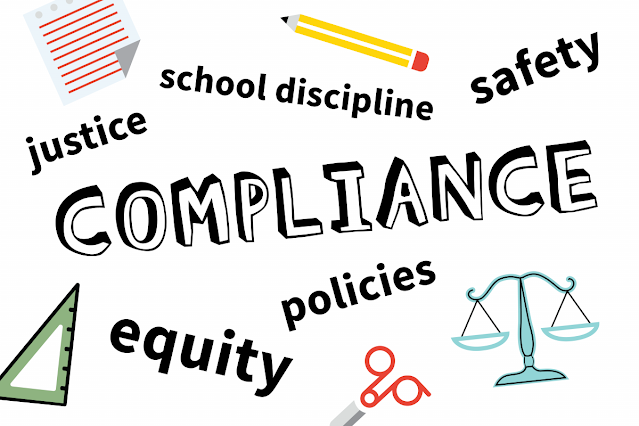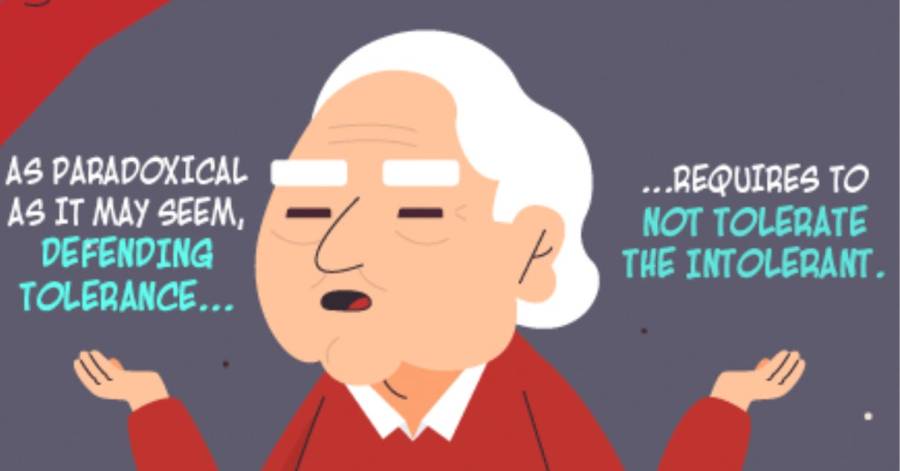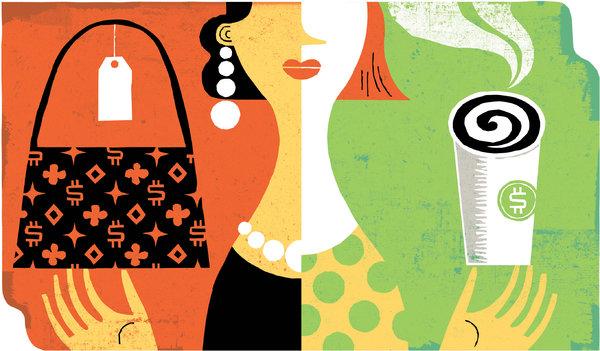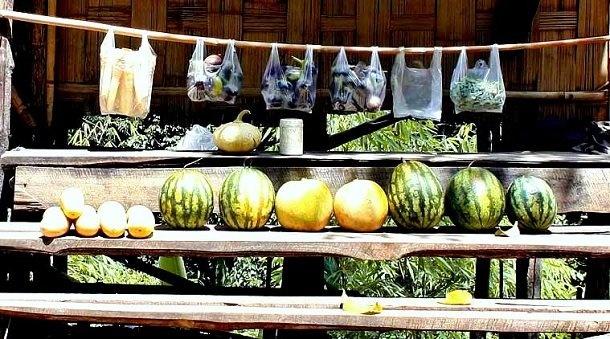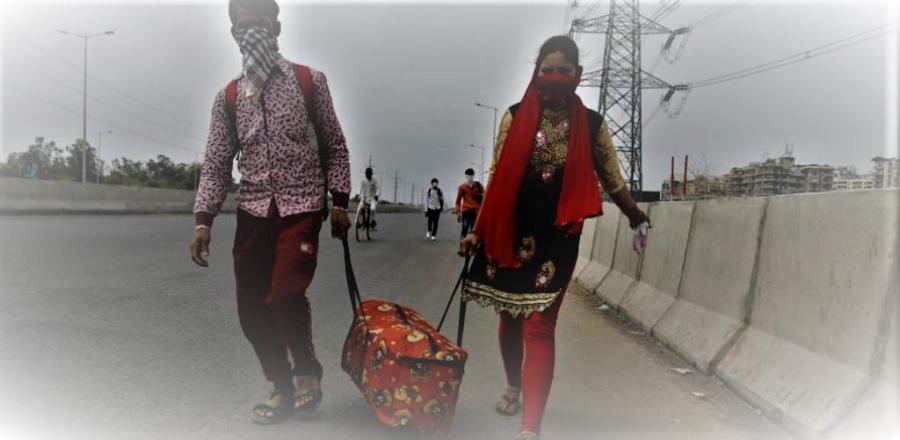In the heart of Grimstone castle, Leonard the self-important lizard believed he was the sole reason for the castle's stability. Tourists and Nigel, a guide, exaggerated his role, but the truth was the diligent maintenance crew that kept the castle together. Leonard's unwavering belief in his importance served as a reminder that harmless delusion can add a touch of magic to everyday life.



